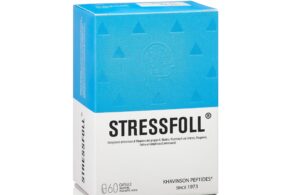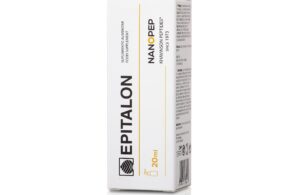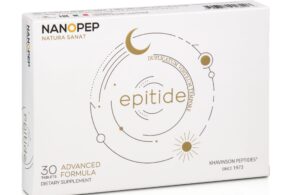How to Improve Brain Health and Cognitive functions with short peptides
- How to Improve Brain Health and Cognitive functions with short peptides?
- How Is Brain Health Measured?
- Ways to Positively Affect Your Brain Function
- Treatments for Better Brain Health
Strong memory, creativity, alertness, and concentration, are functions that can help you increase performance at work or school. If you find that you are quite forgetful, lack the motivation to work, or find it difficult to focus on tasks long enough, then there is a chance that your cognitive function needs a boost. The good news is that short peptide-based products such as dietary supplements can help you achieve that so you will perform better at anything you set out to do.
In this guide, you will learn all you need to know about short peptides and their positive impact on the brain. You will also discover tips on ways you can positively improve your cognitive ability.
Let’s dive in.
How to Improve Brain Health and Cognitive functions with short peptides?
The brain is a powerful organ, and it controls all body functions. This includes motor skills, memory, thoughts, speech, and all the organs. While it should function at optimal levels for most of the day, all year round; stress, diseases, and unhealthy lifestyle cause it to deteriorate in function. This is why it is important to take good dietary supplements occasionally, especially those made with short peptides.
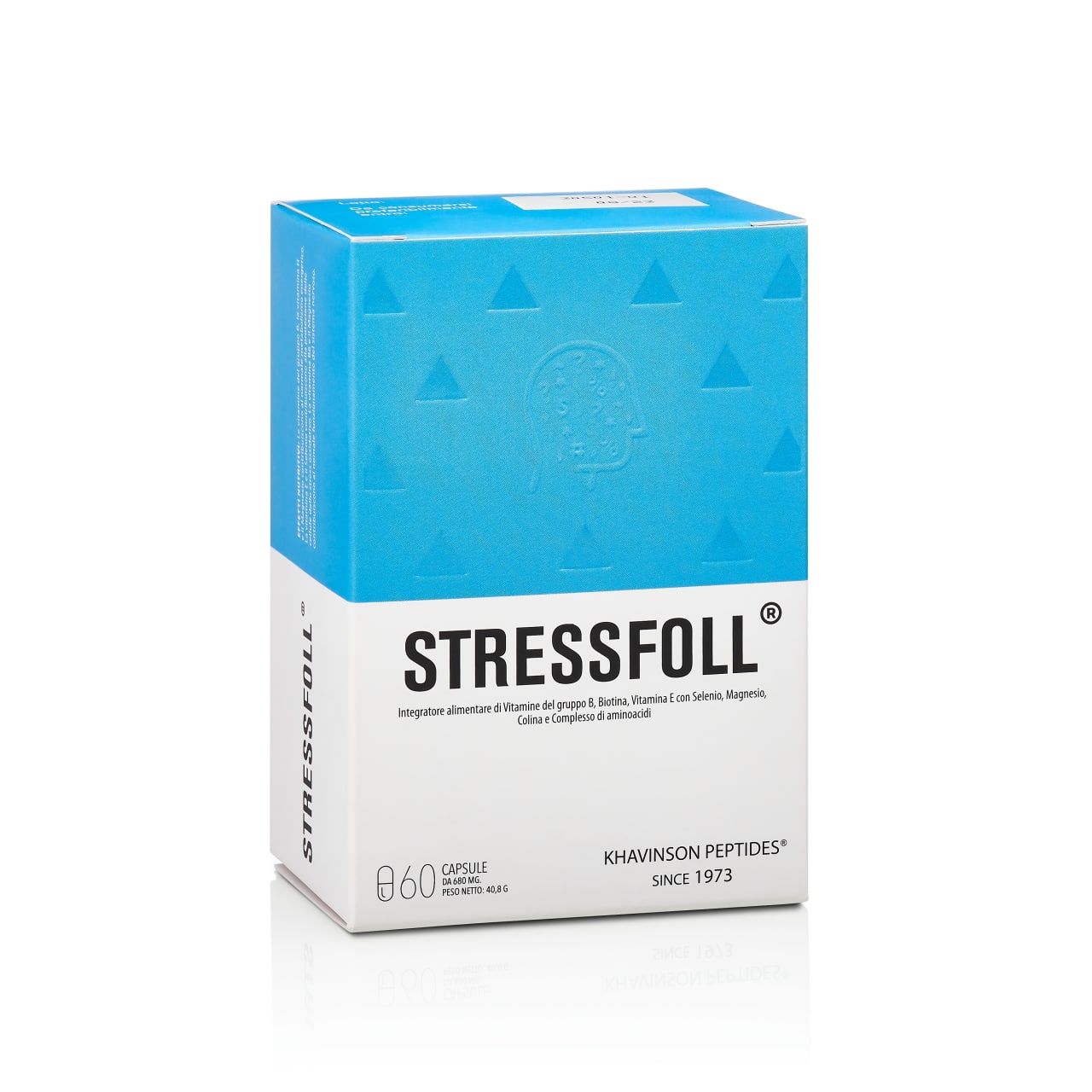
Short peptide-infused dietary supplements such as Stressfoll, and Epitalon spray, among others, are easily the best options to improve your brain health and sustain concentration memory, and overall brain function. The way you use the supplement to achieve this result may vary based on the product.
For a product like Stressfoll, the recommended dosage for use is 1 capsule per day for 60 days. The course is to be repeated after every 4-6 months but many users start to notice significant improvements even before the end of the first 60 days.
Short peptide-based supplements are not only effective but also safe. Because they are nano molecules that occur naturally in the body, they pose zero risk of side effects. However, Be sure to use only use products developed by reputable companies such as NANOPEP. Also, remember to seek advice from your doctor or healthcare provider before taking any dietary supplement.
How Is Brain Health Measured?
Brain health is the state of the brain at any point in time. It is characterized by how well it coordinates cognition, social-emotional, sensory, motor control, and behavioural patterns irrespective of the presence or absence of neuropsychological disorders. In simple terms, it is a measure of how well an individual can pay attention, recall memories, think and process information in ways that allow them to realize their full potential throughout their life.
Generally, brain health is measured based on chronological age — a person’s age as measured from the time they are born to a given date. The concept behind the approach is that since cognitive decline starts after midlife and often becomes disruptive from age 70 and higher in many individuals, then a person’s age can be used to determine brain health problems such as Alzheimer’s disease. But age is an imperfect predictor of such conditions because not everyone develops them as they age.
Checking “cognitive age” against special data collected is a more accurate way of measuring brain health. The approach is based on a study conducted by a group of researchers led by Patricia Boyle, PhD. — a professor in Rush Medical College’s Division of Behavioral Sciences and neuropsychologist in the Rush Alzheimer’s Disease Center (RADC).
Unlike the chronological age, the cognitive age approach involves using long-term testing data developed from thousands of persons. So rather than trying to predict cognitive decline problems with a person’s age, it tests the person’s cognitive ability against the established general pattern of age-related decline to see if they are doing better or worse than average.
The individual is put through a Mini-Mental State Exam (MMSE), and their score is used to determine their cognitive age which is a more accurate indicator of brain health. MMSE is a cognitive assessment that involves measuring memory, orientation, visual-spatial skills, and attention.
A simpler, less professional way you can use to test if your brain is healthy is by answering a series of questions designed to determine brain health. You will find such tests online. Although they are not accurate, they can give you an idea.
Ways to Positively Affect Your Brain Function
Using dietary supplements is a great way to improve function, but they have that name for a reason — they are better used to fill nutritional gaps, and not serve as substitutes for leading a healthy lifestyle.
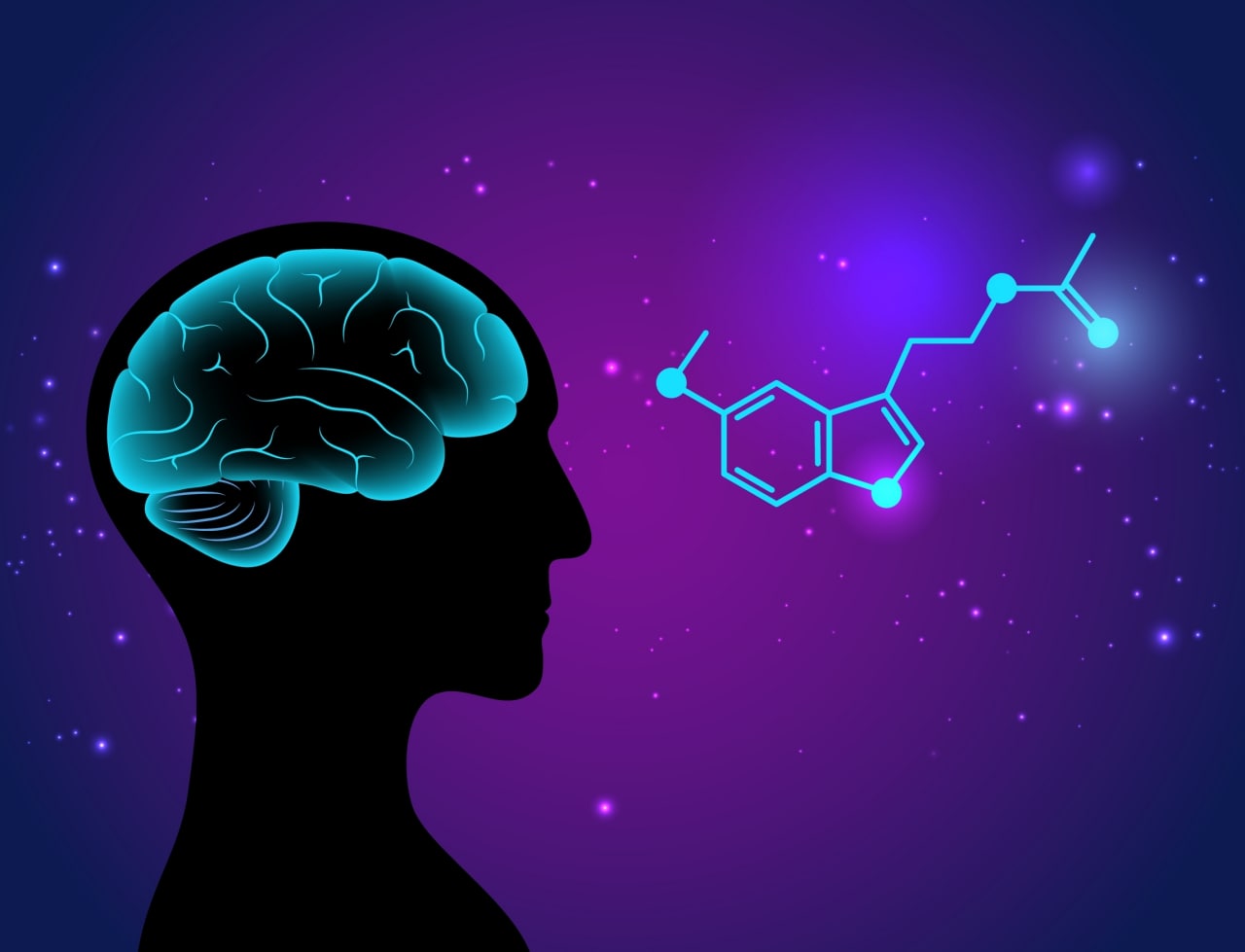
So, here are 3 healthy lifestyle choices you can build to help improve your brain function:
- Get quality sleep: proper sleep helps to form pathways in the brain that facilitate learning and the creation of new memories. Going without it can make you forgetful. It can make it difficult for you to concentrate, and respond to your environment fast. For excellent sleep quality, strive to get at least 7 hours of sleep. Go to bed at the same time every night, and strive to wake up around the same time every day;
- Eat well: The brain needs nutrients (beta carotene, vitamin K, folate, and lutein) to function well, and there is no better place to source them than healthy foods such as broccoli, spinach, kale, and collards. Note that the nutrients obtained from fresh food are generally much stronger, and even less expensive compared to those isolated in chewable, tablets, and powders;
- Exercise regularly: The nutrients obtained from food (and even dietary supplements) need a way to get to the brain, and there is no better way to achieve that than working out. Exercise gets the blood pumping to the brain and other parts of the body and as the blood moves, it circulates the nutrients. Working out increases molecular targets – increases synaptogenesis – which enhances long-term memory.
Taking on challenges such as puzzle games, chess, crosswords, and other memory and problem-solving games is also a good way to improve brain function. Socializing is yet another great way to strengthen the mental muscles and protect the brain against poor memory and cognitive decline. As you interact, learn new things, and share things you already know, you push your brain to organize your thoughts and ideas which is an excellent way to keep it active.
Treatments for Better Brain Health
If you currently have a hard time paying attention to details, thinking creatively, analyzing, or processing information, and coming up with solutions fast, chances are that you need to do something about your brain health.
While healthy lifestyle choices such as eating a balanced diet, getting quality sleep, and exercising regularly are great ways to enhance your cognitive function and overall brain health, a busy lifestyle can make it a tad difficult to follow through. If that is the case, then you should consider taking high-quality dietary supplements to augment your healthy lifestyle efforts as it is the logical thing to do.
Peptide-based dietary supplements such as Stressfoll and Epitide, among others are a great pick. They not only help to increase alertness, enhance memory, and improve mental processing speeds and creative thinking, but they do so without posing any risk of side effects. They can also help the body to fight off common and chronic infections. Remember to consult your doctor before using any health product.







